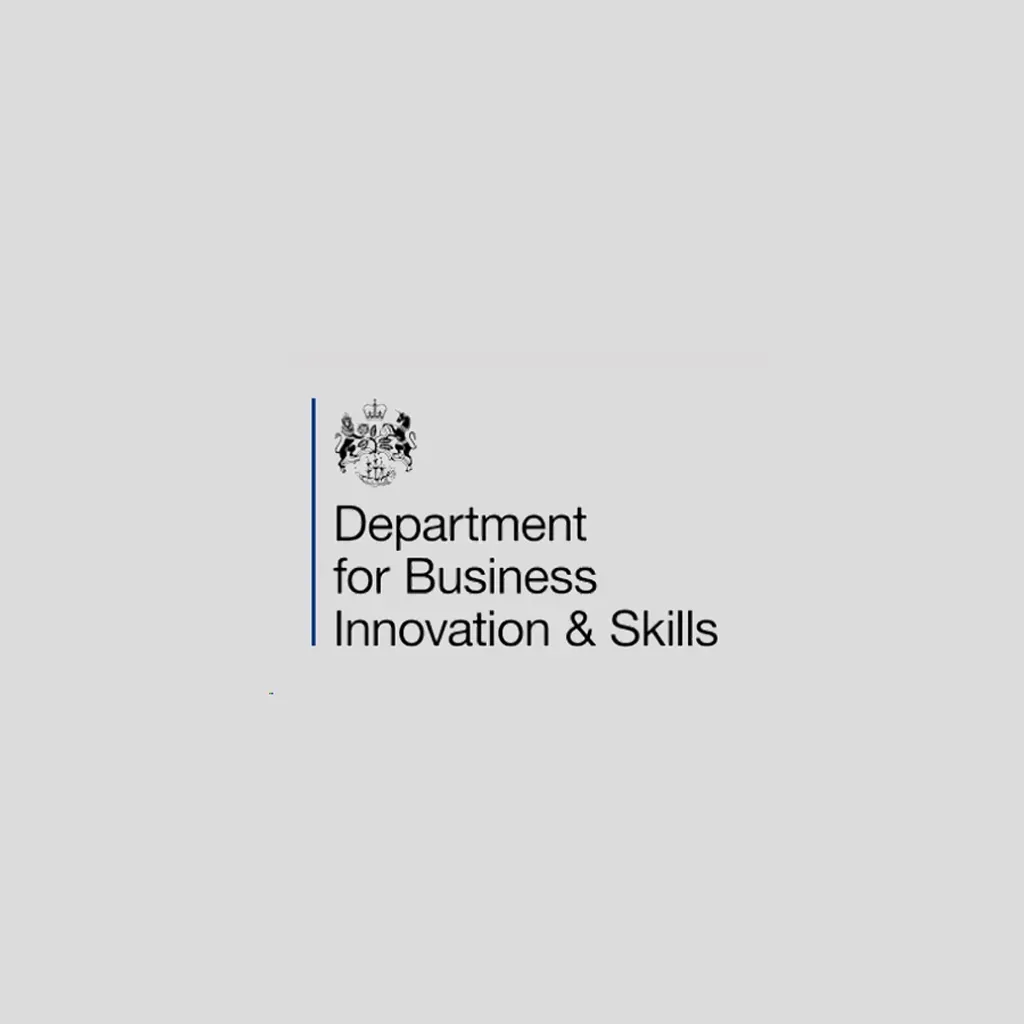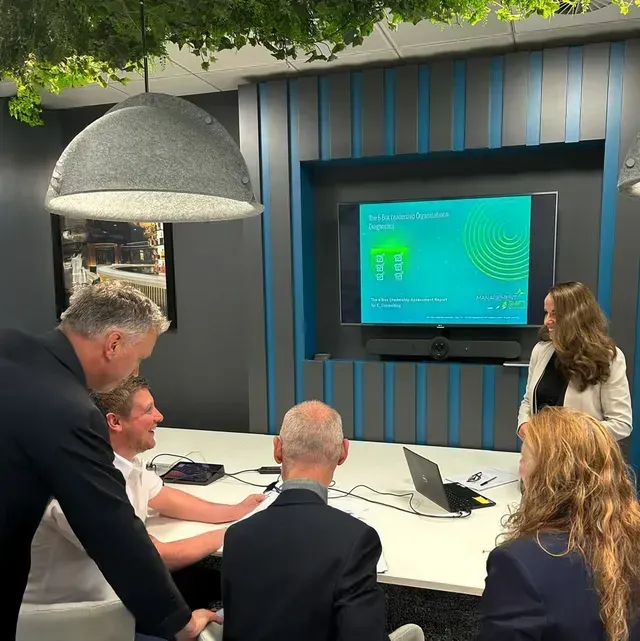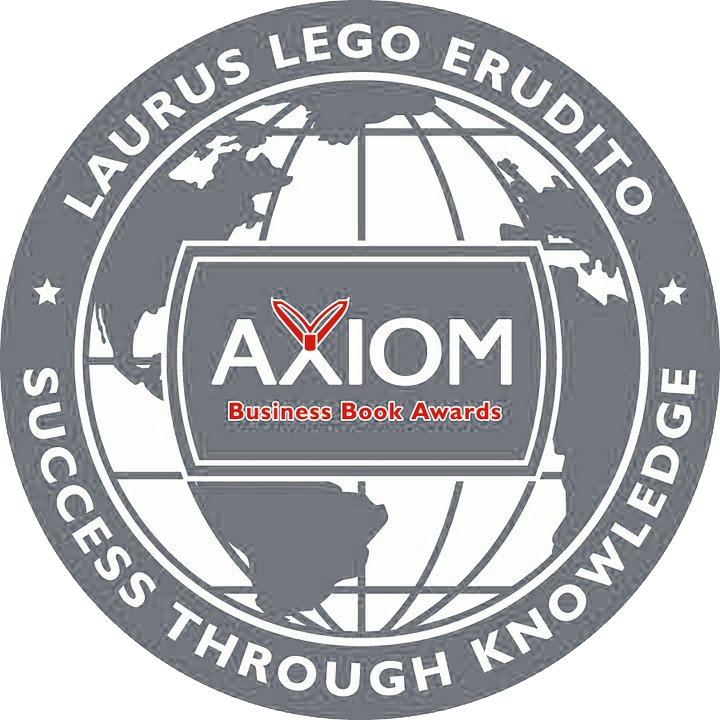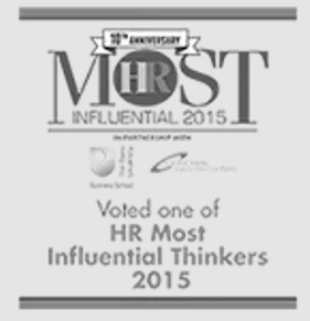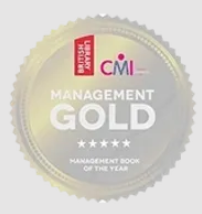EMPOWERING INNOVATIVE LEADERS FOR THE FUTURE
TRUSTED BY

Transform your leadership blueprint
Elevate your leadership with The Management Shift®, an evidence-based methodology developed for CEOs and C-Suite executives to help them with individual and organisational transformation. Rooted in 30 years of award-winning research, our approach fuses real-life client success stories with neuroscience-based strategies to create conscious leadership. Experience transformative results through our bespoke strategic roadmaps, proven to drive profitability, purpose and collaboration. Empower your organisation to achieve sustainable governance and success, become future proof and thrive in the rapidly-evolving competitive landscape of today and tomorrow.
What leadership problems do we solve?
Outdated leadership methods can lead organisations to experience the following:
Reduced profits
Leaders today face significant challenges related to reduced profits, which can have far-reaching consequences for their organisations. This issue is further compounded by the pressure leaders face to deliver short-term financial results while also investing in long-term transformation and innovation.
Research indicates that ineffective leadership can directly impact a company's bottom line, with studies showing that poor leadership can decrease workforce productivity, increase employee turnover, and ultimately reduce profits.
Low performance and engagement
Organisations today face significant challenges related to low performance and engagement, which can have substantial negative impacts on their overall success and profitability. Disengaged employees are less productive and more likely to make mistakes, they are more absent, leading to decreased organisational performance. The financial impact of disengagement is substantial, with disengaged workers costing organisations approximately 34% of their annual salary due to decreased productivity, whilst 1% increase in engagement leads to 0.5% increase in profit.
The consequences of low engagement extend beyond individual performance, affecting team morale, customer satisfaction, and ultimately, the company's bottom line.
Lack of innovation
Organisations today face significant challenges related to lack of innovation, which can severely impact their competitiveness and long-term survival.
Research indicates that despite recognising the importance of innovation, many companies struggle to implement it effectively. A McKinsey survey revealed that 94% of executives are dissatisfied with their firms' innovation performance, highlighting a widespread issue across industries.
The lack of innovation not only affects individual companies but also has broader economic implications, with 70% of businesses struggling to unlock the value of their data, directly impacting their ability to innovate and compete effectively in the market.
Talent retention issues
Organisations today face significant challenges related to talent retention, which can have substantial negative impacts on their performance, productivity, and bottom line.
Research indicates that employee turnover is a pressing financial concern, as replacing an employee can cost a company up to six to nine months of that employee's salary. This high turnover not only leads to increased recruitment and training costs but also results in a loss of skilled employees and can negatively impact organisational culture.
Retention challenges are further exacerbated by changing employee expectations, the need for flexible work arrangements, and the increasing importance of providing continuous learning and development opportunities to keep top talent engaged and committed to the organisation.
Despite repeated conscious efforts to improve company culture and profitability, it is natural to feel stuck. Our innovative approach provides the catalyst for the deep-seated change required to pave the way for meaningful progress and lasting impact.
Agnostic with any industry, company size and geographical culture, The Management Shift® unlocks the transformational potential that organisations intuitively seek.
What does The Management Shift offer to CEOs, leaders and organisations?
30
Years of interdisciplinary
research
10,000+
CEOs and leaders trained in TMS
30+
International awards for TMS methodologies
5
Continents impacted by TMS transformation methodologies




